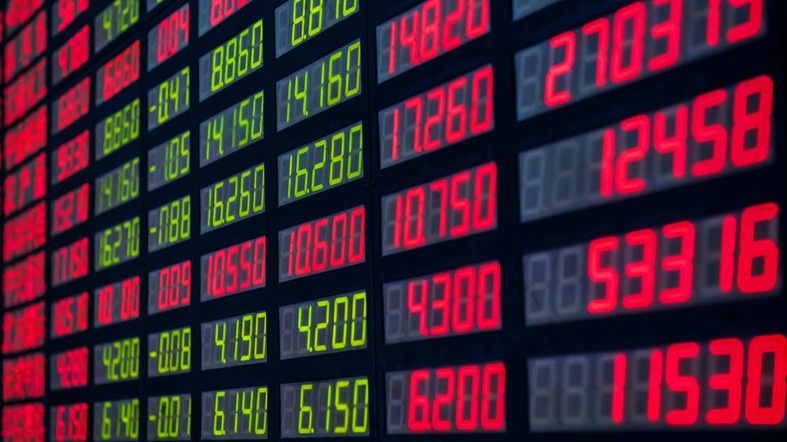- Global Stock Markets Grow by $12.4tn in 2017 – S&P
The value of public companies on global stock markets grew by $12.4tn in 2017, according to S&P Dow Jones Indices, which included dividends in its calculation.
The Dow Jones industrial average rose by 25 per cent, the S&P 500 surged by 20 per cent and the tech-heavy Nasdaq index outshined them with all with a stunning 29 per cent gain.
The United States stocks were on a first-class ride into record territory in 2017, but a number of markets outperformed the US, according to a CNN Money report.
Global investors have been bullish in 2017, leading to big stock market gains in countries like Argentina, Nigeria and Turkey.
Argentina’s Merval index surged by 73 per cent this year and hit a record high the day after Christmas.
The election of President Mauricio Macri in late 2015 proved to be a turning point, as the economy is growing and stocks have rallied strongly. The Merval gained 45 per cent in 2016.
Macri pursued a number of economic reforms this year, helping to further boost business confidence.
“President Macri navigated political risks well in 2017, and with no elections scheduled in 2018, Argentina actually stands out as a political safe haven in Latin America for the year ahead,” asset management firm, Algebris Investments, said.
Still, there’s more to be done, as inflation is above 20 per cent and the currency continues to weaken.
The Nigerian All-Share index is still miles below record highs set in early 2008, but a 43 per cent rally in 2017 has helped to close the gap.
The index suffered mightily in 2015 and 2016 as low oil prices, militant attacks, currency troubles, elections and Ebola hit investor sentiment.
But oil prices have moved higher, the central bank has made it easier to swap currencies and the economy has snapped out of recession, explained Zin Bekkali, founder and chief executive officer of Silk Invest.
Many analysts are optimistic that stocks could keep rising in 2018.
“If you look at where we stand today, the (Nigerian) market is still one of the cheapest markets on the planet,” Bekkali said.
The US stocks were front and centre as investors bet on strong economic growth, solid corporate earnings and hopes that President Donald Trump would roll back regulations. Trump also boosted markets with a big corporate tax cut.
An attempted coup in 2016 and a series of terror attacks sent chills through the Turkish economy.
Yet the country’s benchmark index rallied by 43 per cent this year as the government implemented temporary tax cuts and a loan guarantee program that encouraged banks to lend to small businesses. Gross Domestic Product growth soared, reaching 11.1 per cent in the third quarter.
The stock market performance was also helped by the falling Turkish lira, said Neil Shearing, chief emerging markets economist at Capital Economics.
Now experts are warning that the good times can’t last forever.
“From here on we think the economy is getting close to overheating,” said Daniel Salter, global head of equities at Renaissance Capital.
The Hang Seng charged ahead by nearly 35 per cent, but China’s major mainland indexes in Shanghai and Shenzhen floundered.
Commenting on the disparity, the Head of Research at Kingston Financial Group, Dickie Wong, said it was all about Tencent, which is listed on the country’s Exchange. Shares in the Hong Kong-listed tech giant more than doubled over the past year and the company’s valuation briefly eclipsed that of Facebook.


 Forex2 weeks ago
Forex2 weeks ago


 Naira1 week ago
Naira1 week ago
 Naira4 weeks ago
Naira4 weeks ago
 Company News4 weeks ago
Company News4 weeks ago




 Naira1 week ago
Naira1 week ago
 Billionaire Watch1 week ago
Billionaire Watch1 week ago




 Naira3 weeks ago
Naira3 weeks ago




 Naira7 days ago
Naira7 days ago




















